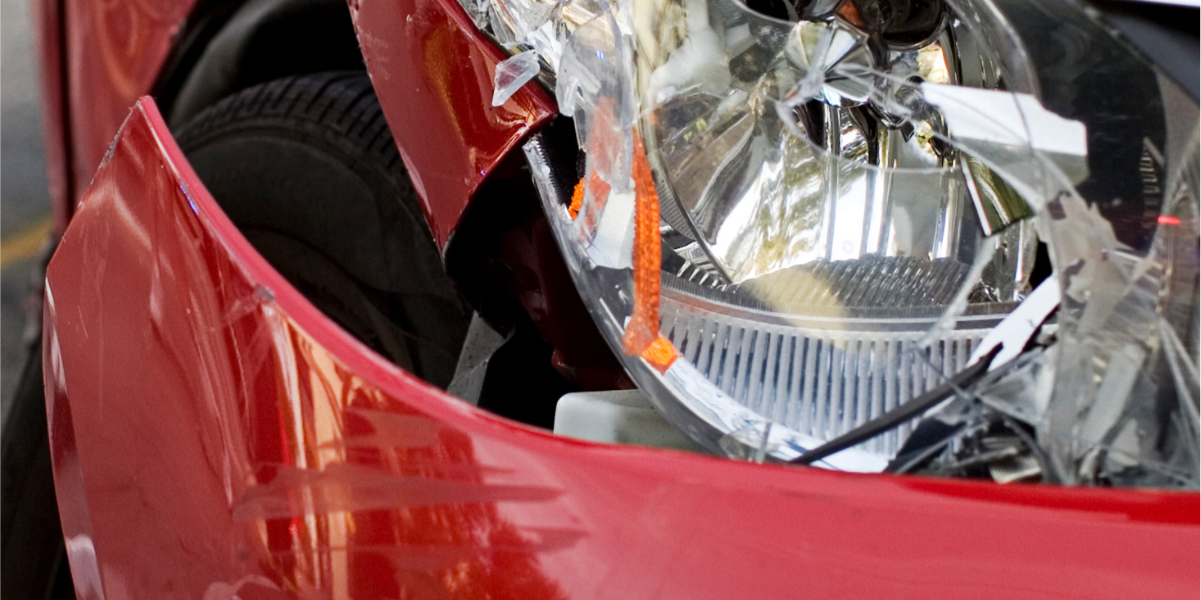While trucking accident victims might recognize that they will need to gather and present compelling evidence to prevail in their legal claim, the process of obtaining and preserving important documents, electronic records, and other relevant evidence often constitutes a significant challenge. The process of obtaining admissible evidence involves more than simply requesting a trucking company and/or commercial driver to provide all relevant information related to a lawsuit. Rather, the process of preserving and obtaining relevant evidence requires implementation of a sound pre-litigation strategy.
Our experienced Atlanta Truck Accident Lawyers at Montlick and Associates recognize that certain actions need to be undertaken early to ensure critical evidence does not disappear prior to filing a lawsuit.
One of the most effective ways to prevent the loss or destruction of important evidence involves forwarding spoliation letters to defendants such as the commercial carrieror truck driver. The objective of a spoliation letter is to put parties on notice that certain information, documents, or other evidence is relevant to potential or pending litigation. This written notice also advises opposing parties that failure to maintain the evidence in an unaltered form will open up the non-complying party to significant adverse consequences. The precise content of a spoliation letter and the potential penalties for disregarding this form of notice will depend on the specific facts and circumstances of the legal claim, so trucking accident victims should seek prompt legal advice from an Atlanta Truck Accident Lawyer.
Some of the types of adverse consequences that might be imposed by a judge who finds a party has engaged in the spoliation of evidence include:
• Monetary Sanctions: The judge might make the non-complying parties pay attorney fees and other monetary penalties to the party aggrieved by the loss or alteration of evidence identified in a notice of spoliation. If the litigation surrounding the spoliation is intense, this litigation expense can be significant for the truck driver or trucking company.
• Sanctions Impacting the Outcome of Litigation: The court might instruct the jury that the evidence that is no longer available should be presumed to have been favorable to the plaintiff. The judge also might refuse to let the offending party introduce expert testimony or other evidence regarding the issue relevant to the destroyed or missing evidence. This type of sanction can make it difficult, if not impossible, for the sanctioned party to prove his or her defense. The harshest penalty that can be imposed involves actual imposition of a default judgment or dismissal by the judge.
In the context of trucking litigation, there are at least three parties that typically receive a spoliation letter, which include the following:
• Truck Driver: If a person is injured in a trucking accident caused to a substantial degree by carelessness or inattentiveness of a commercial driver, the negligent truck driver should be sent a spoliation notice. The notice will advise the negligent trucker to keep records like phone records, emails, reports, journals, text messages, hours of service logs, and other information or documents related to the crash and subsequent investigation.
• Commercial Carrier: When truck drivers fail to operate a tractor-trailer in a reasonably safe manner, the commercial carrier that employs the driver will often possess key evidence like the damaged big-rig, electronic data stored in the truck’s “black box,” safety and maintenance records, and other information that sheds light on how a crash occurred and/or the magnitude of the collision.
• Insurance Carriers: Insurance companies generally are involved in defending commercial carriers and drivers against liability in trucking accidents. These insurers often conduct investigations that can yield critical information, so the insurance company generally also should receive a spoliation letter.


